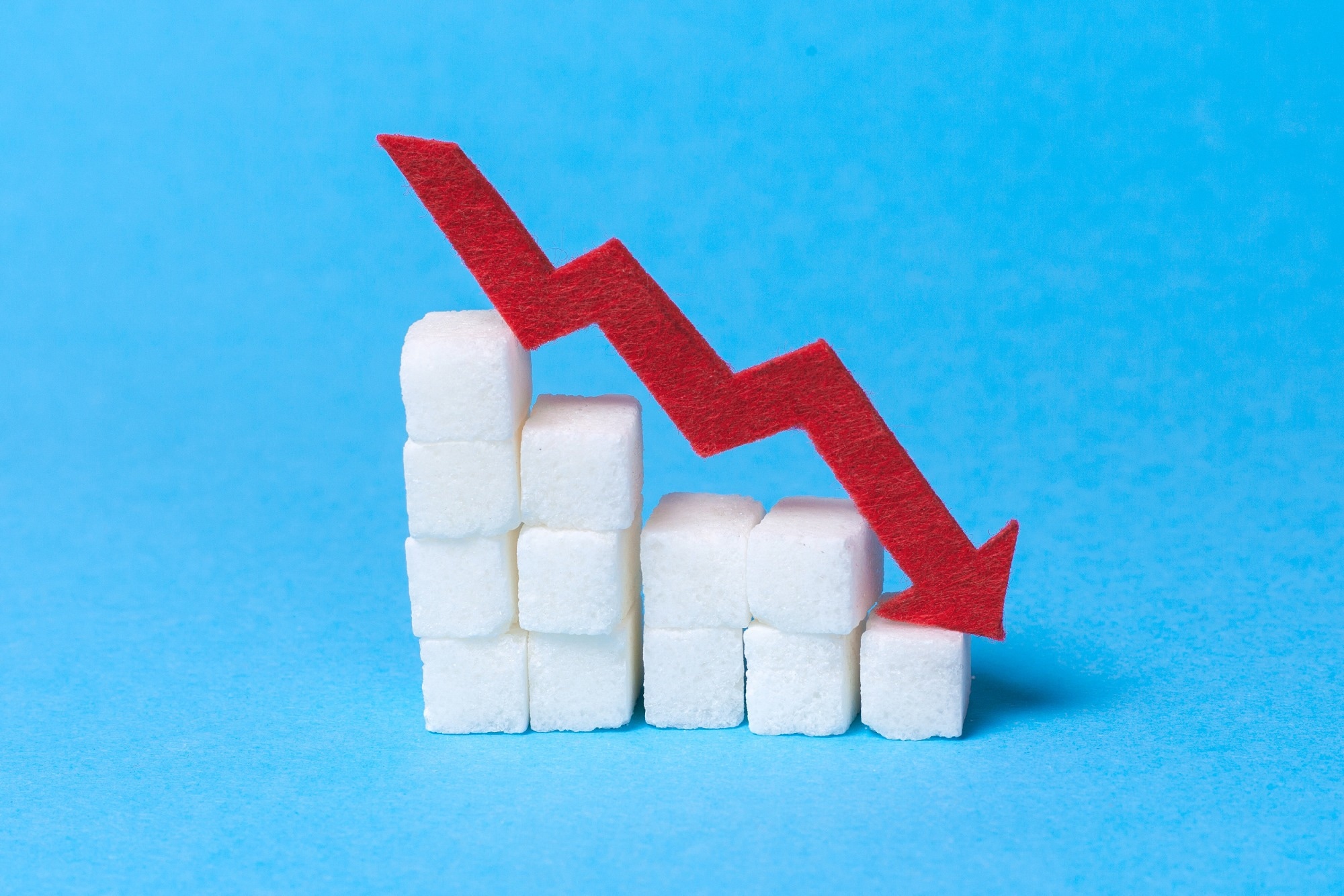However, the final study cohort comprised only those patients who tested reverse transcription-polymerase chain reaction (RT-PCR)-positive and provided the measurement of blood glucose levels on hospital admission.
 Study: COVID-19-related hyperglycemia is associated with infection of hepatocytes and stimulation of gluconeogenesis. Image Credit: ADragan/Shutterstock.com
Study: COVID-19-related hyperglycemia is associated with infection of hepatocytes and stimulation of gluconeogenesis. Image Credit: ADragan/Shutterstock.com
Background
Hyperglycemia, i.e., high blood sugar, is associated with poor clinical outcomes in COVID-19 patients. However, whether SARS-CoV-2 directly infects hepatocytes and interferes with glucoregulatory pathways to increase glucose production and trigger hyperglycemia remains elusive.
In addition, studies should explore the mechanism of infection of hepatocytes by SARS-CoV-2 and whether such an infection is productive.
Intriguingly, hyperglycemia due to COVID-19 is prevalent in patients without a history of diabetes. It is highly likely that SARS-CoV-2, acting like other RNA viruses, such as hepatitis C and B viruses, induces hepatic glucose production by stimulating gluconeogenesis in hepatocytes.
About the study
In the present study, researchers collected clinical and laboratory data of the study cohort in REDCap software to analyze their daily blood glucose levels using chart records to test whether COVID-19 was independently associated with their hyperglycemic condition.
In addition, they estimated the severity of the disease by the Sequential Organ Failure Assessment (SOFA) score at hospital admission, where a higher score indicates a higher probability of mortality due to organ dysfunction.
The team applied the ex vivo, and in vitro experimental strategies to show how SARS-CoV-2 infects hepatocytes.
Further, the researchers collected blood glucose from a subgroup of 119 nondiabetic SARS-CoV-2-infected patients from the HCFMRP-USP site to assess pancreatic hormones and their glucometabolic profile, to understand whether increased glucose production in these patients was due to beta cell dysfunction.
They also collected serum from individuals comprising this subgroup of nondiabetic patients on the day of hospital admission. In addition, they measured their glucagon, C-peptide, and glycated protein serum levels.
Next, they categorized serum as COVID-19 negative, normoglycemic COVID-19 positive, and COVID-19 positive with high blood glucose, where a cutoff value of 130 mg/dL demarcated normal from high blood glucose.
Furthermore, the team collected postmortem liver biopsies to determine whether SARS-CoV-2 and its transporters were present in hepatocytes. Additionally, they studied the mechanistic bases of SARS-CoV-2 entrance and its gluconeogenic effect in human hepatocytes.
They performed a Cox regression to test whether COVID-19 is an independent causative factor for hyperglycemia.
Study findings
The study cohorts comprised a comparable proportion of COVID-19-positive and -negative patients, i.e., 85.8% and 80.3%, respectively, with a slightly higher incidence of obesity along with elevated average body weight and BMI in the COVID-19-positive vs. the COVID-19-negative group.
The two groups were also comparable with respect to age, gender, and SOFA index; however, glycemia and cases of chronic kidney disease at hospital admission were significantly higher in the COVID-19-positive cohort, while they were similar in terms of diabetes prevalence.
Intriguingly, COVID-19-positive patients exhibited a higher incidence of hyperglycemic episodes over their hospital stay, regardless of their diabetes status.
The researchers monitored daily maximum glycemia in all patients during their hospital stay, and a value above 300 mg/dL indicated severe hyperglycemia, which was associated with increased in-hospital mortality in severely ill patients.
The hazard ratio (HR) for developing hyperglycemia among COVID-19-positive vs. COVID-19-negative was 2.27. It changed when accounting for sex, age, diabetes, body mass index (BMI), and corticosteroid use to 2.89 and 2.62 when adjusting for SOFA score.
The authors noted no significant interaction between COVID-19 and BMI, the latter not independently associated with the incidence of hyperglycemia, suggesting that COVID-19 had an independent correlation with hyperglycemia.
High blood glucose and serum protein (e.g., C-peptide) levels of COVID-19-positive patients than COVID-19-negative patients indicated that these patients secreted insulin at physiological levels in response to hyperglycemia, at least by the time of admission.
The authors observed that SARS-CoV-2’s entry into primary human hepatocytes increased phosphoenolpyruvate carboxykinase (PEPCK) activity but not gene expression.
Furthermore, angiotensin-converting enzyme (ACE2) and glucose-regulating protein 78 (GRP78) mediated cotransport of SARS-CoV-2 spike (S) increased hepatic glucose production in a PEPCK-dependent manner.
Thus, future studies should examine the signaling pathways regulating PEPCK activity among SARS-CoV-2-infected patients.
Accordingly, individually blocking ACE2 and GRP78 impeded the entry of SARS-CoV-2 in hepatocytes. However, their simultaneous blockade did not result in a synergistic blocking effect, reinstating that these receptors likely work along the same pathway for virus internalization.
It is also possible that an unidentified shuttling mechanism mediates viral internalization via a parallel pathway.
Conclusions
This retrospective clinical study showed that COVID-19 was correlated to the onset of hyperglycemia independently, and all SARS-CoV-2 variants of concern could infect hepatocytes and stimulate PEPCK activity-associated hepatic gluconeogenesis.
Overall, the study results provided much-needed insights into a key mechanism underlying COVID-19 pathophysiology, i.e., controlling hepatic glucose production for better glycemic control, which could protect in-hospital COVID-19 patients from the hazards of hyperglycemia and its lethal clinical outcomes.